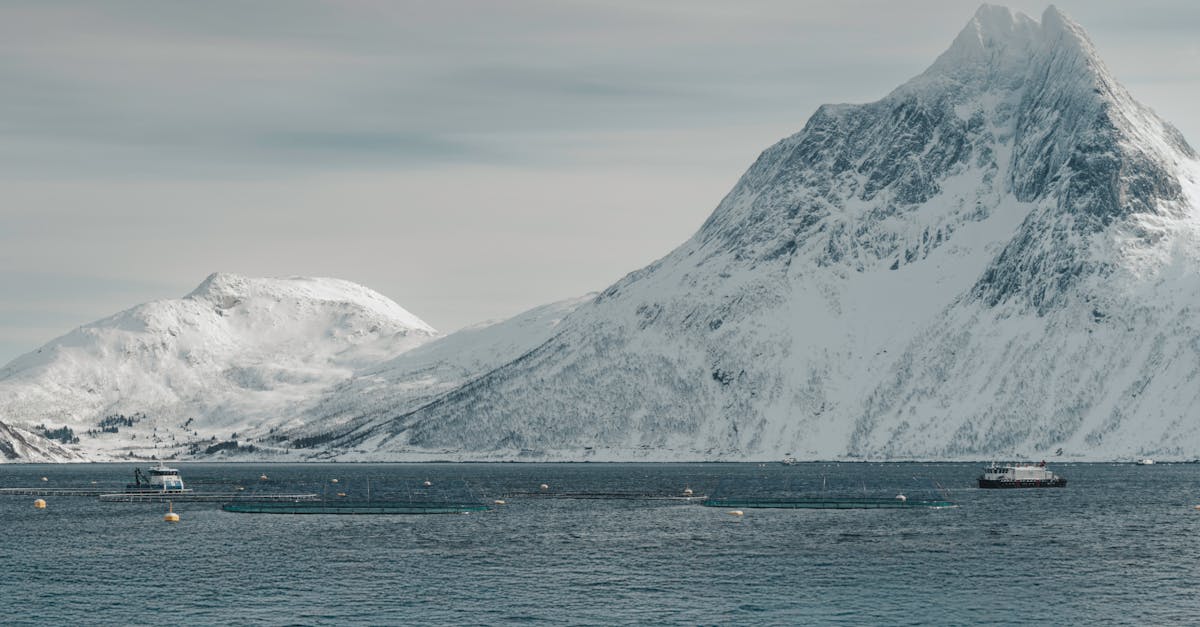The Devastating Impact of Ocean Acidification on Marine Life
Ocean acidification is one of the most pressing environmental issues of our time, with far-reaching consequences for marine life. The increased absorption of carbon dioxide from the atmosphere by the oceans has led to a significant decrease in pH levels, making it more acidic than it has been in thousands of years.
This change in acidity has a profound impact on the delicate balance of marine ecosystems. Many marine organisms, such as corals, shellfish, and some plankton, have calcium carbonate shells or skeletons that are sensitive to changes in pH levels. As the oceans become more acidic, these organisms struggle to build and maintain their shells, leading to reduced growth rates, increased mortality rates, and even extinction.
The Effects on Coral Reefs
Coral reefs are among the most biodiverse ecosystems on the planet, providing habitat for thousands of species of fish, invertebrates, and algae. However, coral bleaching, which is often triggered by ocean acidification, has become a major concern. When corals are stressed due to changes in pH levels or water temperature, they expel their algal symbionts, turning white and often leading to their death.
The Consequences for Shellfish and Other Invertebrates
Shellfish, such as oysters and mussels, have calcium carbonate shells that are vulnerable to ocean acidification. As the pH levels in the oceans decrease, these organisms struggle to build and maintain their shells, leading to reduced growth rates and increased mortality rates.
The Impact on Plankton and Phytoplankton
Phytoplankton, the base of the marine food chain, are also affected by ocean acidification. Many species of phytoplankton rely on calcium carbonate for the structure of their cell walls. As the pH levels in the oceans decrease, these organisms struggle to build and maintain their cell walls, leading to reduced growth rates and increased mortality rates.
The Consequences for Marine Food Webs
The effects of ocean acidification on marine life have far-reaching consequences for entire food webs. The loss of key species, such as corals and shellfish, can have a ripple effect throughout the ecosystem, leading to changes in population dynamics, nutrient cycling, and even the structure of the ecosystem itself.
What Can Be Done?
While the effects of ocean acidification are far-reaching, there is still hope for mitigation. Reducing greenhouse gas emissions and transitioning to renewable energy sources are crucial steps in reducing the amount of carbon dioxide released into the atmosphere.
In addition, conservation efforts, such as protecting marine ecosystems from pollution and overfishing, can help to support vulnerable species and promote biodiversity. Educating the public about the impacts of ocean acidification and promoting sustainable practices can also help to raise awareness and drive change.
The impact of ocean acidification on marine life is a pressing environmental issue that requires immediate attention. By understanding the effects of this phenomenon and taking action to mitigate it, we can help to protect the health of our oceans and the diverse range of species that call them home.
